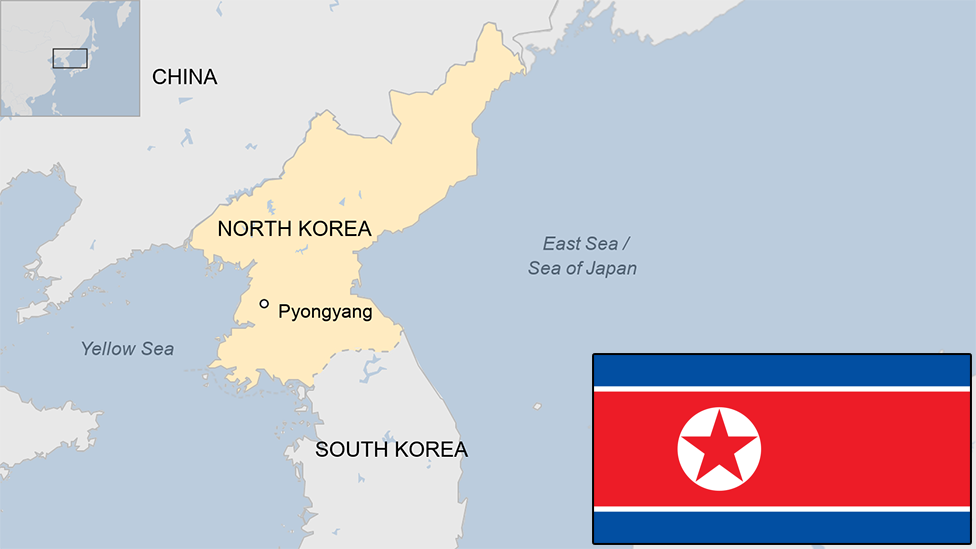UN imposes tough North Korea sanctions
- Published
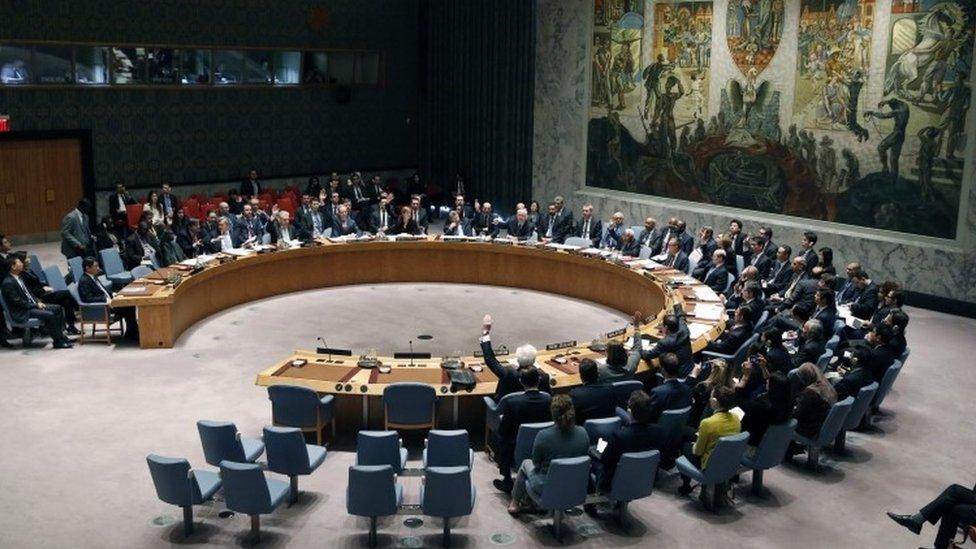
The vote against North Korea at the Security Council was overwhelming
The United Nations Security Council has unanimously adopted a resolution significantly expanding international sanctions against North Korea.
Correspondents say the new measures amount to some of the toughest against North Korea in two decades.
The vote is in response to North Korea's nuclear test last month.
The sanctions will result in all cargo going to and from the country being inspected, while 16 new individuals and 12 organisations have been blacklisted.
"Today, the international community, speaking with one voice, has sent Pyongyang a simple message: North Korea must abandon these dangerous programmes and choose a better path for its people," US President Barack Obama said in a statement.
Carrots or sticks to take on North Korea?
North Korea's missile programme
N Korea's dramatic rhetoric over test
How potent are North Korea's threats?
Addressing the council after the vote, US Ambassador to the UN Samantha Power said that it was a "perverse reality" that North Korea was more interested in developing its nuclear and ballistic missile programmes than it was in meeting the basic needs of its people.
The United States and North Korea's long-standing ally China spent seven weeks discussing the new sanctions.
Economy fears
In addition to the mandatory cargo inspections the sanctions also include a ban on all sales or transfers of small arms and light weapons to North Korea, and expulsion of diplomats from the North who engage in "illicit activities".
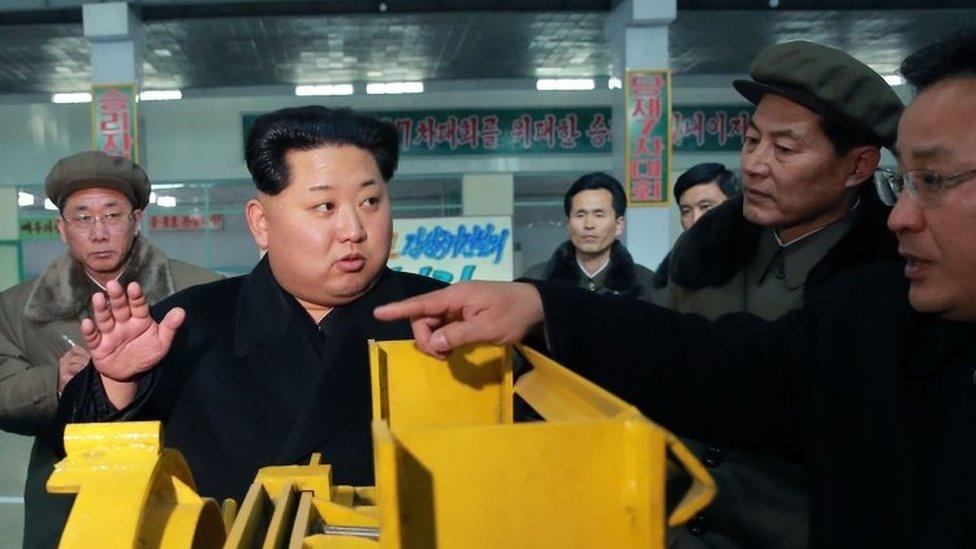
The US and China want to increase pressure on North Korean leader Kim Jong-un
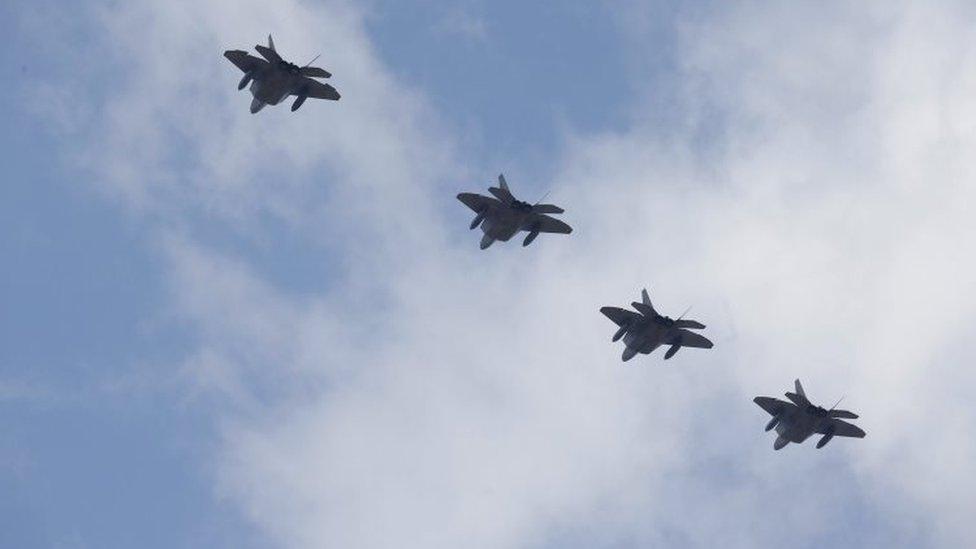
The US is a key bulwark of South Korea's security
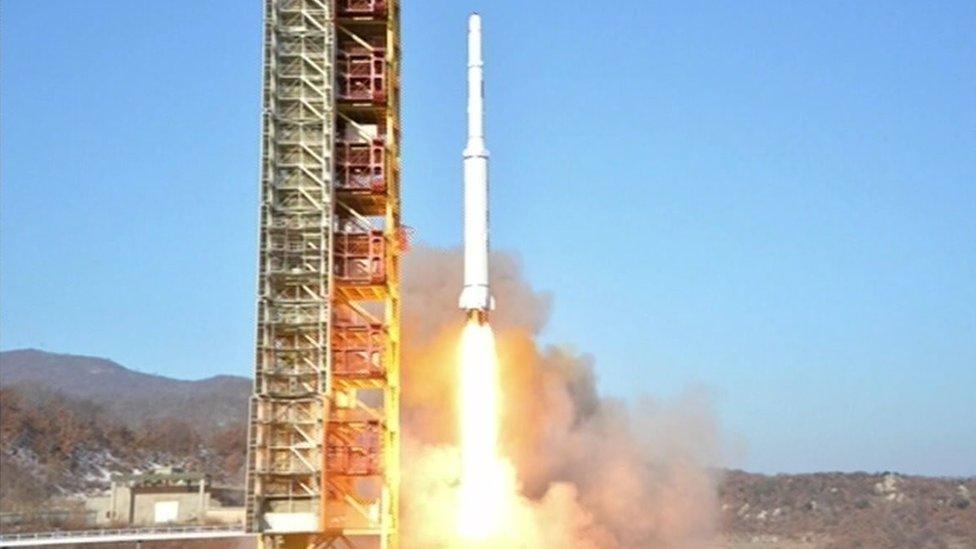
February's launch of a long-range rocket was broadcast on North Korean TV
The US, its Western allies and Japan were eager for the new sanctions to be speedily put in place, and pushed for them to be as wide-ranging as possible.
But China made clear that it did not want to impose measures that could jeopardise the stability of North Korea and cause its economy to collapse.
The UN resolution emphasises that the new sanctions are not intended to lead to "adverse humanitarian consequences" for civilians, many of whom face financial hardships and shortages of food.
North Korea's launch of a long-range rocket in February and a nuclear test in January were widely condemned as a flagrant violation of UN resolutions.
North Korea earlier said it would no longer take part in UN Human Rights Council sessions examining its rights record.
Foreign Minister Ri Su-yong accused the council of "politicisation, selectivity and double standards" and of "singling out" North Korea for criticism.
The UN council has repeatedly criticised North Korea over its treatment of its citizens.
The North insists its missile programme is purely scientific in nature, but the US, South Korea and even its ally China say such rocket launches are aimed at developing inter-continental ballistic missiles.
The North claimed its January nuclear test - the fourth since 2006 - was a test of its hydrogen bomb technology.

The new sanctions in detail
A ban on the export of coal, iron and iron ore used for North Korea's nuclear or ballistic missile programmes
A ban on all exports of gold, titanium ore, vanadium ore and rare earth minerals
A ban on aviation fuel exports to the country, including "kerosene-type rocket fuel"
A ban on military and police co-operation, closing down North Korea's training programmes abroad, especially in Africa
Upmarket watches, watercraft, snowmobiles and other recreational sports equipment added to a ban on luxury goods
Countries working in North Korea's financial and banking sector are now obliged to freeze the assets of companies and other entities linked to North Korea's nuclear and missile programmes - under a previous resolution, they were only encouraged to do so
Source: Associated Press/AFP

- Published24 February 2016
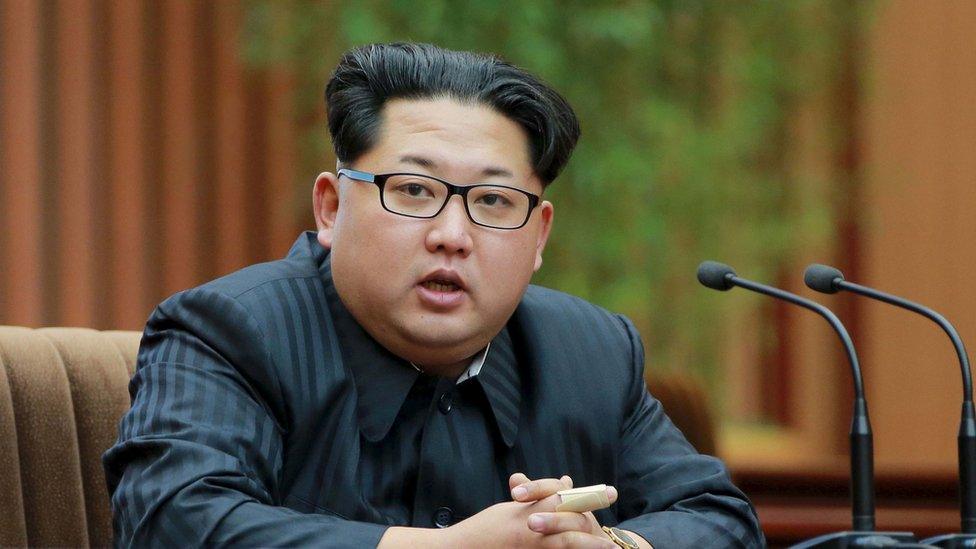
- Published10 August 2017
- Published10 August 2017
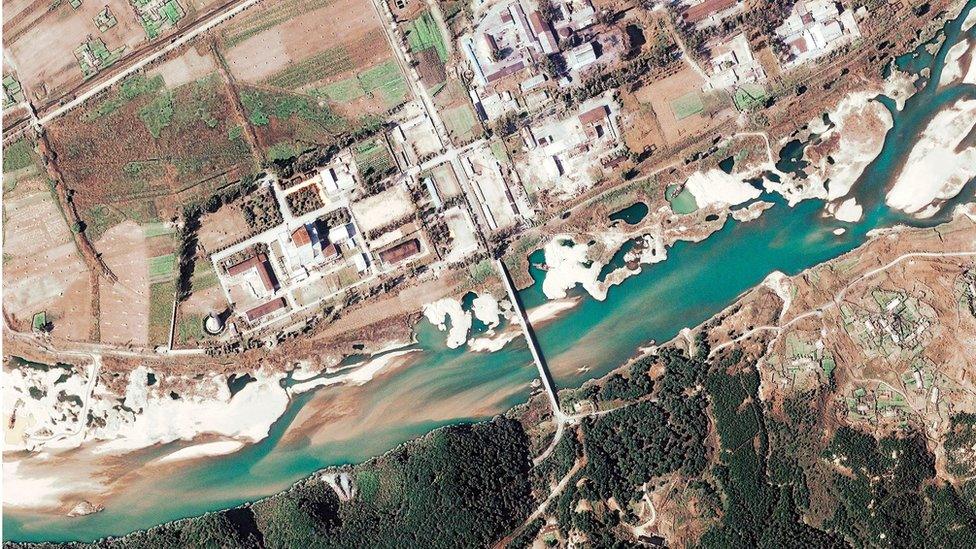
- Published19 July 2023
